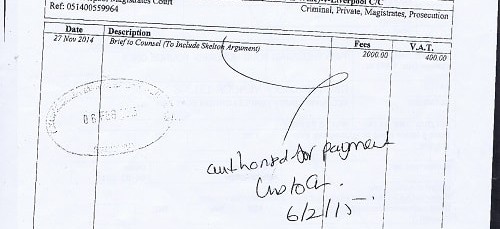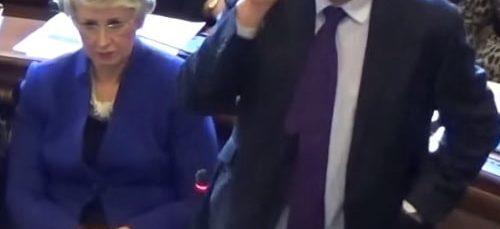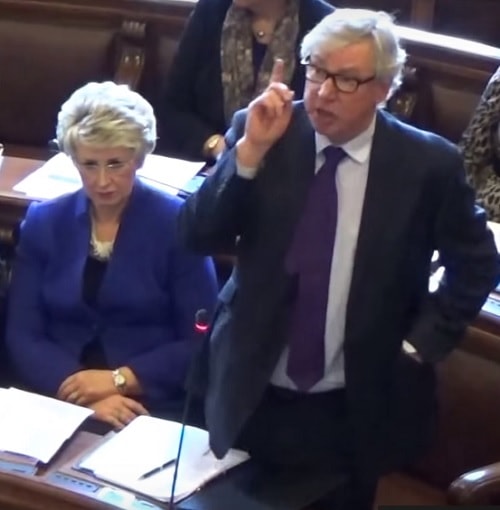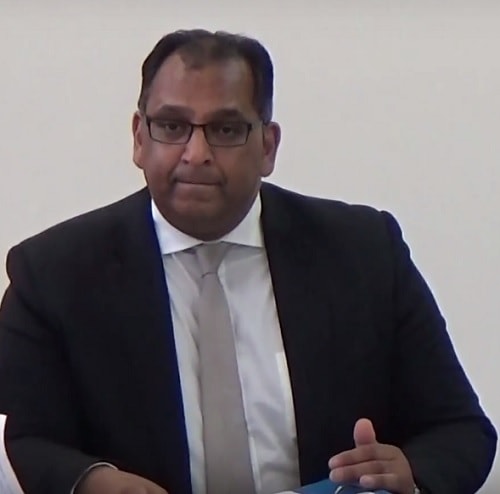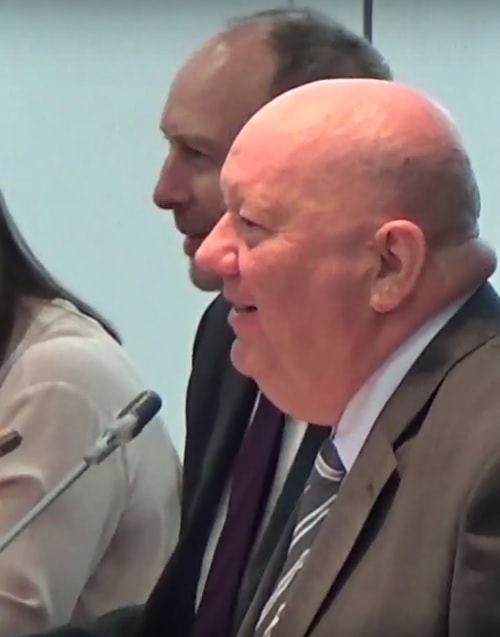What new right does the Local Audit (Public Access to Documents) Act 2017 give to journalists?
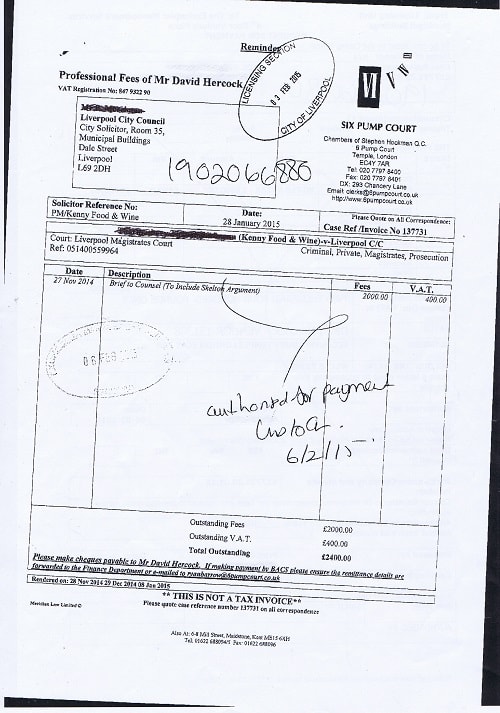
Despite the fact there is a byelection of a councillor for Claughton (as well as the Liverpool City Region Combined Authority Mayor) on Thursday another election (the snap general election) has led to this blog post I am writing.
When a general election is called, some legislation goes through the wash-up and gets passed in the last few days of a Parliament before MPs cease to be MPs (just for information Parliament dissolves on the 3rd May 2017).
There are a number that received Royal Asset recently that effect local government, such as the Guardianship (Missing Persons) Act 2017, Local Audit (Public Access to Documents) Act 2017, Bus Services Act 2017, Neighbourhood Planning Act 2017, Children and Social Work Act 2017 and Parking Places (Variation of Charges) Act 2017.
However I wanted to write about the Local Audit (Public Access to Documents) Act 2017.
Since Victorian times there has been a period each year when the public can inspect and make copies of accounting records relating to the previous financial year. Copies can be made by the person doing the inspection (or more usually requested from the public body concerned).
These are connected to rights of local government electors to make objections about whether money is lawfully spent and related matters.
The legislation since Victorian times has given this right to “persons interested” which has been interpreted over the years by the courts as applying to those registered to vote for the area concerned, bodies that pay business rates in that area and those who are representatives of those two classes (such as an accountant acting on behalf of a local government elector).
This means for example I that didn’t previously have a legal right to ask to look at the financial records for Liverpool City Council. In fact back then I asked to do so, you can find some of those invoices here, but when I rather stupidly told them I didn’t live in Liverpool, it all got a bit (and I paraphrase) “these are local council financial records for local people – there’s nothing for wools like you to see here” and they politely told me the rest of my request was refused.
Liverpool City Council for example in this 17-18 financial year have agreed to spend:
Revenue (net base budget): £399.6 million
Capital: £131.6 million
The change made by the Local Audit (Public Access to Documents) Act 2017 means that in 2 months time the definition will be “persons interested or any journalist”.
“journalist” is defined as any person who produces for publication journalistic material (whether paid to do so or otherwise).
So it covers those who do for a living such as myself, unpaid bloggers and a wide variety of other people too.
The Act received Royal Assent on the 27th April 2017, so 27th April 2017 plus 2 months means it’ll come into force (although please correct me if I’m a day or two out) 29th June 2017. It applies only to public bodies based in England or Wales.
There are three classes of public bodies (Category 1, Category 2 and Category 2 with exempt status).
Category 1 are those with a yearly expenditure or income of over £6.5 million a year, or smaller bodies that have decided to have a full audit.
Category 2 are the ones with a spend or income of less than £6.5 million a year.
Category 2 with exempt status have to be bodies with income or expenditure of less than £25,000 a year, are not less than 3 years old and with no concerns raised by the auditors (or courts) in the preceding financial year.
When the 30 day period starts and ends is a decision to be made by the public body, but cover specific dates*:-
*I’m assuming at this point that the Accounts and Audit Regulations 2015 still sets this.
Category 1 – the first ten working days in June following the end of the financial year
Category 2 – the first ten working days in July following the end of the financial year
So this means for journalists, the new legal right (which will come into force near the end of June) will only cover part of the inspection period this year.
Example
30 working day period runs from 1.6.17 to 12.7.17
“persons interested” from 1.6.17 to 12.7.17
“journalists” from 29.6.17 to 12.7.17
It effectively compresses the inspection period for journalists to a fortnight for Category 1 authorities (although it is to be noted the old inspection period used to be only four weeks).
The chief financial officer for category 1 and category 2 authorities are required by law to publish a public notice on their website alerting the public to this 30 working day inspection period before it starts.
Last year, locally both Merseytravel and the Liverpool City Region Combined Authority failed to achieve this somewhat basic step within the required timescales.
If you click on any of the buttons below, you’ll be doing me a favour by sharing this article with other people.
